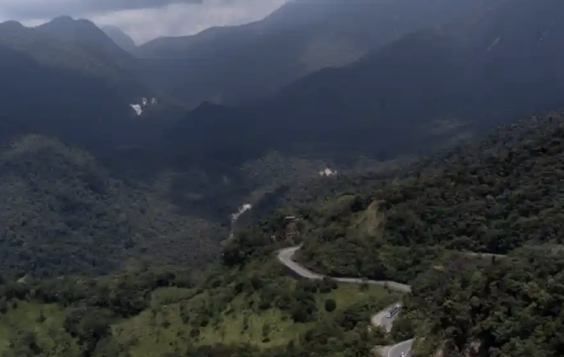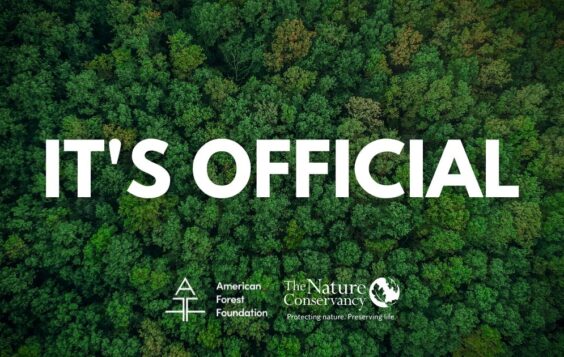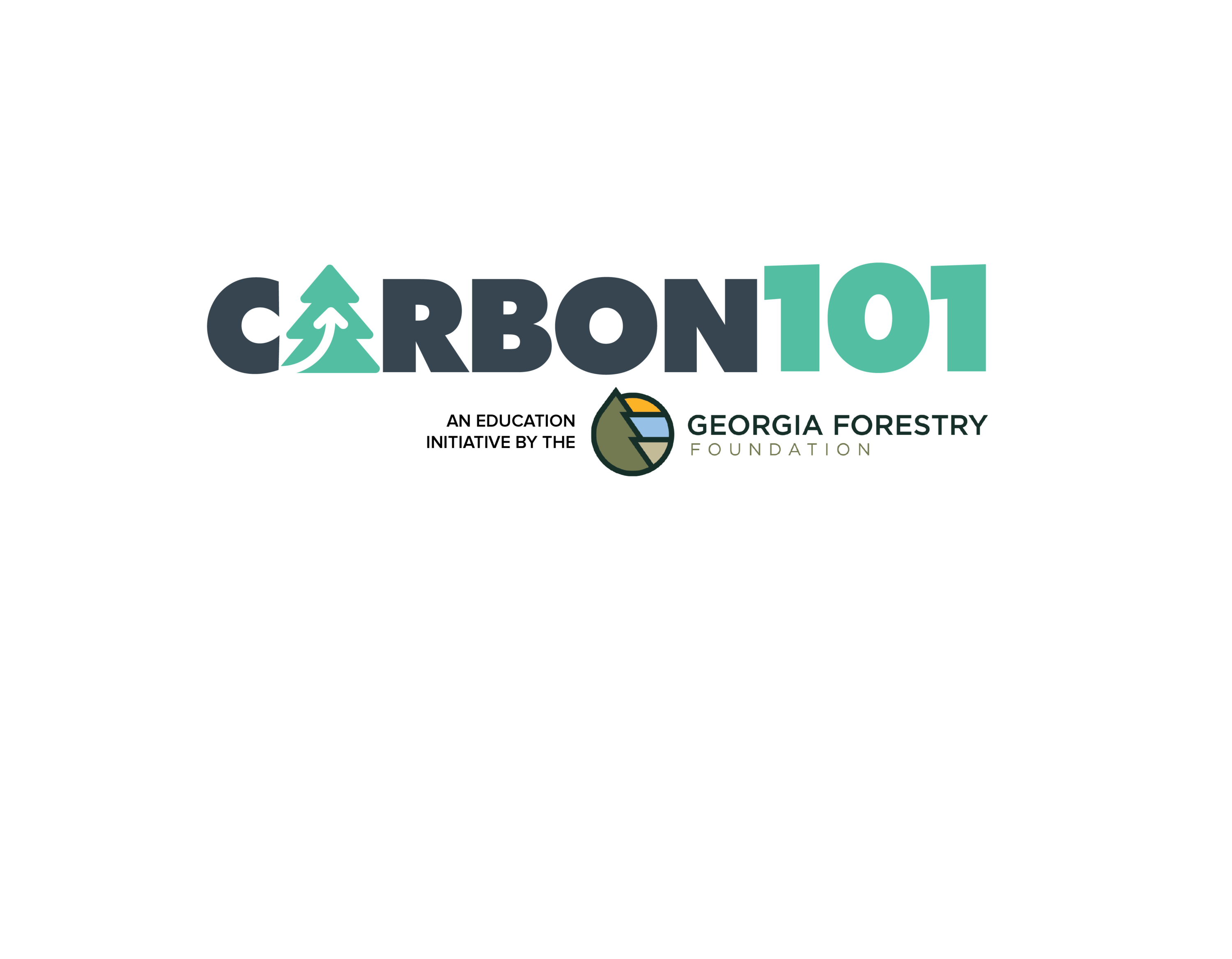The Carbon101 educational initiative was developed for GFA members by the Georgia Forestry Foundation and serves as a repository of trusted information for landowners and GFA members about carbon markets. In producing this content, we have worked with several carbon marketplace experts to gather information and develop video content.
The tabs below will guide you through the core functions of the forest carbon market in the United States. You must be a GFA member to view this content. If you are not a member and would like to learn more, please contact Matt Hestad (matt@gfagrow.org)
Understanding Carbon Policy
At the federal and state level, policy has an important role in carbon markets. Policymakers must balance supporting the development of an emerging natural resource market and regulating that market to maintain ecosystem service health.
- Why is this important? Recent policy has contributed to the expansive growth of the carbon marketplace, and it’s important to recognize that emerging and future policies could impact this new market.
- GFA’s role as your advocate: At GFA, we strive to support and champion policy which will help sustainably enhance how forest carbon markets function, while serving as an advocate for the private landowner.
In this section, we have compiled information at the federal and state level that can be useful you to refer back to periodically.
Federal Policy
The United States’ long history of federal environmental regulation has had a positive influence on our environment and ecosystems. While the federal government has yet to enact specific laws or regulations directly impacting carbon markets, the existing broad spectrum of policy indirectly contributes to the growth and development of the carbon marketplace.
Past and Recent Policy / Legislation
- The Energy Policy Act of 2005 and Energy Independence and Security Act of 2007 provide tax incentives and subsidies for renewable energy production, enabling the expansion of the carbon crediting system.
- Consolidated Appropriations Act provides incentives for renewable energy projects.
- United States rejoins Paris Agreement and publishes 2030 Greenhouse Gas Pollution Reduction Target which includes a goal of 100% carbon pollution-free electricity by 2035.
- The Infrastructure Investment and Jobs Act included provisions which reauthorize, expand, and establish programs that support infrastructure or technology for capturing, utilizing, storing, transporting, or removing carbon dioxide.
Current Activity
- Growing Climate Solutions Act would provide a pathway for the United States Department of Agriculture to enter the emerging carbon credit marketplace. This bill is currently being held at the House desk.
- America’s Revegetation and Carbon Sequestration (ARCs) Act of 2021 aims to restore ecosystems and boost carbon storage and sequestration through tree planting, fire risk reduction projects, and expanded use of forest products and new wood technologies.
State Policy
In response to a lack of legislation on carbon crediting or carbon markets, several states and regions have developed their own self-regulation and market-based approaches. Seven states have committed to producing 100% clean electricity by 2050. An additional eight states have made 100% clean electricity pledges.
One of the earliest state-based efforts to combat climate change through the carbon market was the California Cap-and-Trade program. This program is the first and largest regulatory based carbon market in the US, and one of the largest in the world.
GFA’s Georgia Policy Focus
GFA is actively focusing on the growing forest and wood product carbon markets while prioritizing our landowners’ needs and objectives.
In 2021, GFA championed the passage of House Bill 355 , which was signed into law by Governor Brian Kemp. HB 355 establishes the Sustainable Development Carbon Registry by expanding Georgia’s existing Carbon Registry to enable the creation and tracking of carbon credits that are tied to carbon sequestered in construction projects throughout the state as well as the embodied carbon benefits arising from a whole-building life cycle assessment.
- Why is this bill important? This legislation will create a dual pathway for accruing carbon credits. The primary objective of the legislation will be to increase the use of construction materials that sequester, or store, carbon, furthering sustainable development in Georgia.
- Next Steps: The Georgia Forestry Commission, Georgia’s state forestry agency, has been tasked with developing the rules for the program. GFA is closely watching the progress of the committee and will continue to report as benchmarks are reached.
For more than 100 years, GFA has advocated for landowners in the forest industry at the local, state and federal levels. GFA will continue to champion policies that protect and enhance the value and management of private timberlands as a critical component in the economic and environmental well-being of our communities.
FOREST CARBON NEWS




Questions? Drop us a Line!
We are here to support you in your forest carbon journey.
Call our office today at 478-992-8110 or contact Matt directly.



